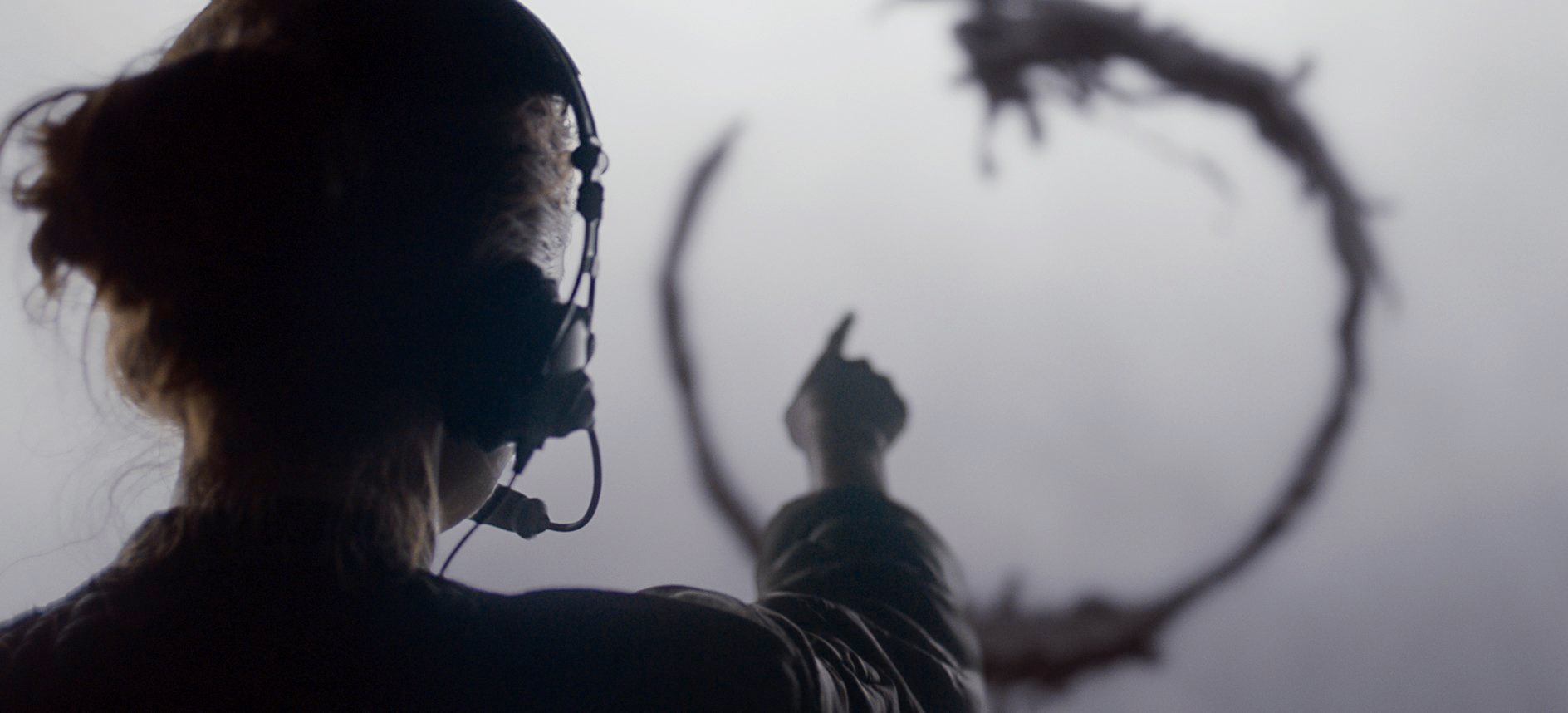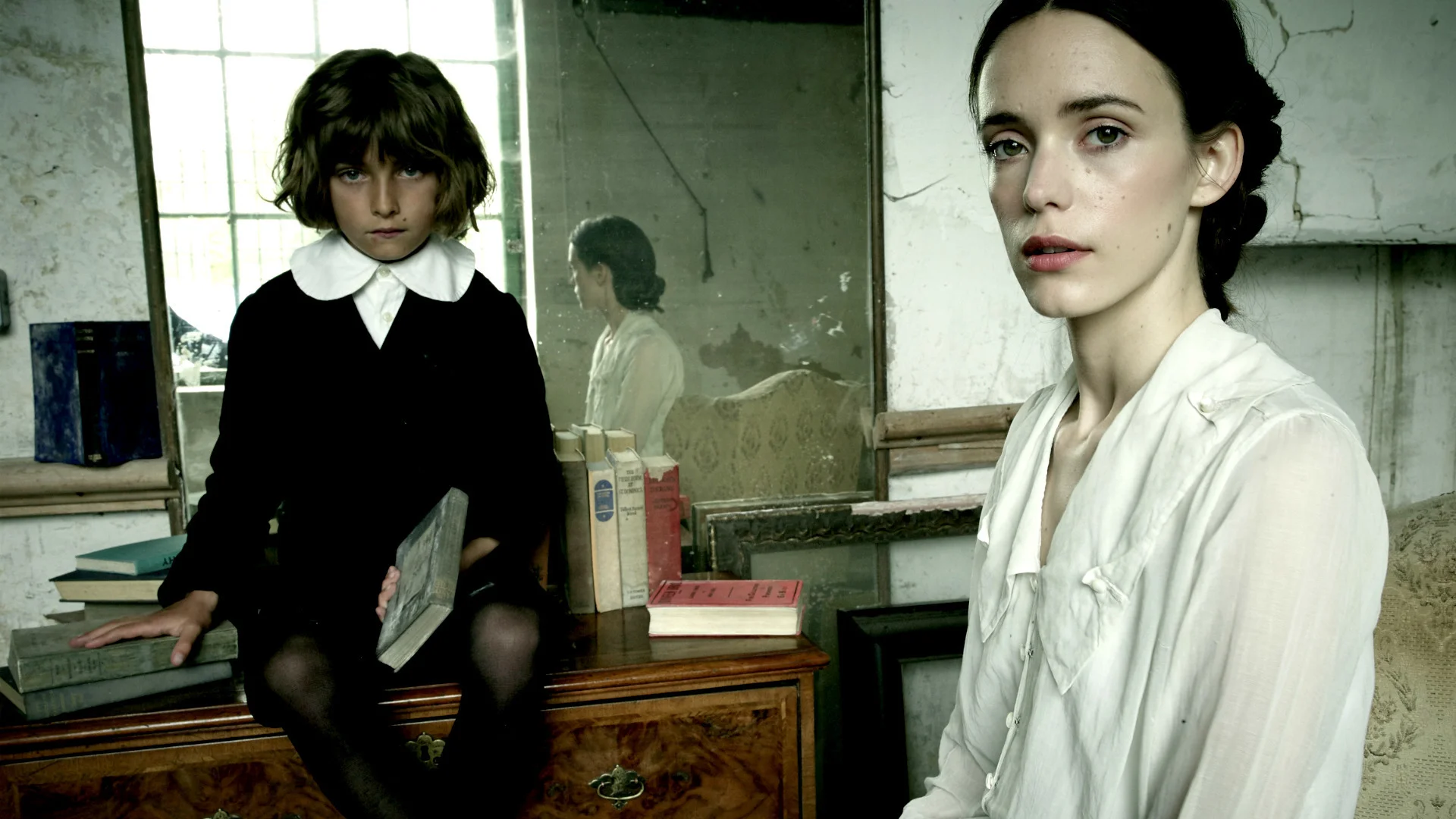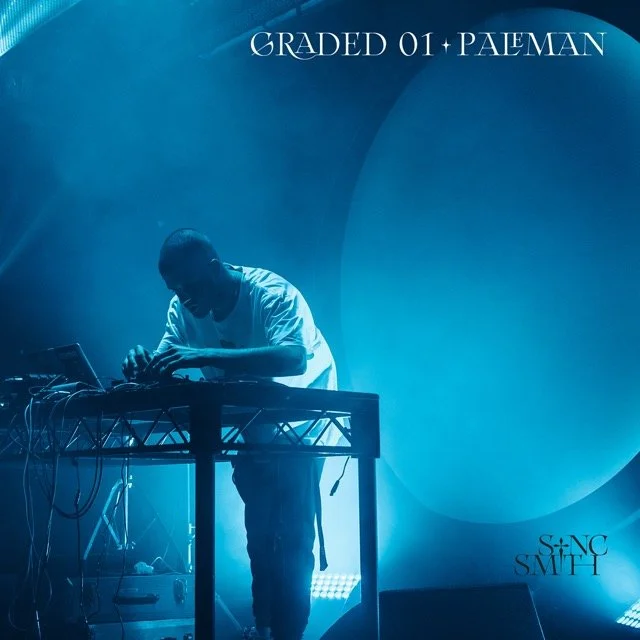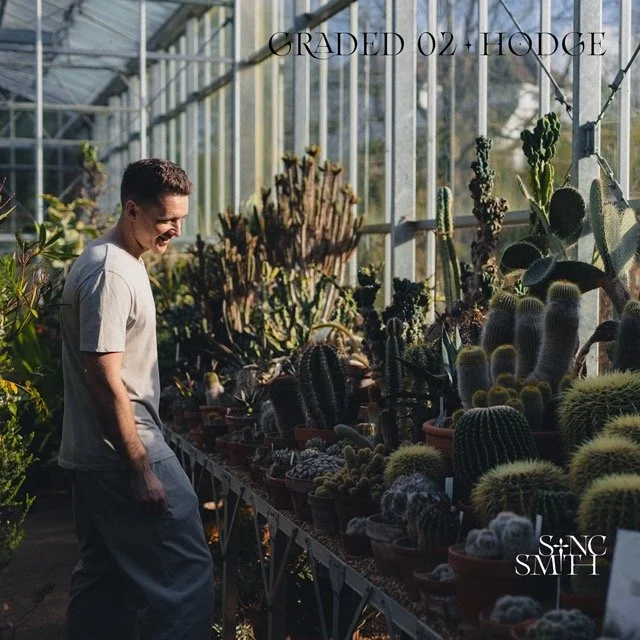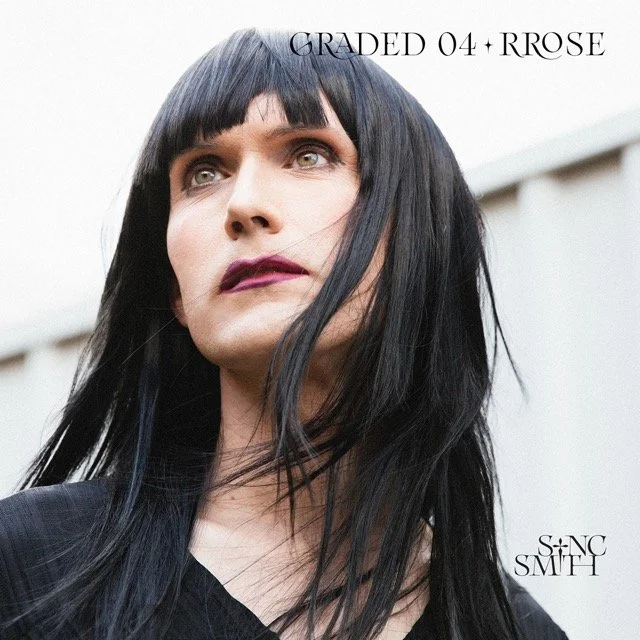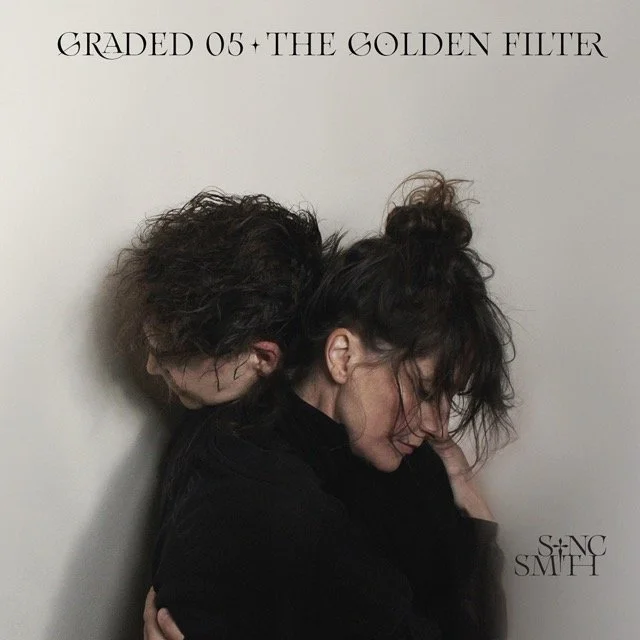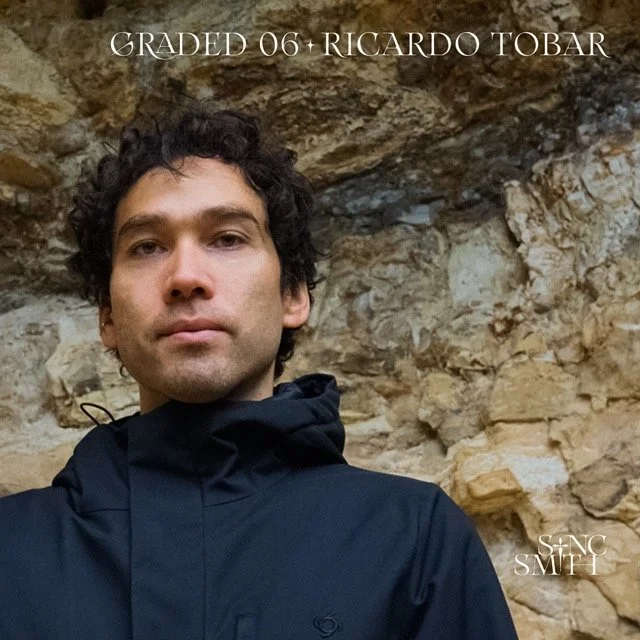GRADED 03 : CHEVEL
Citing influences ranging from Zimmer thru Sakamoto, we checked in with Berlin’s own “Weightless” troubadour Chevel (a pioneer of futurism and intricately programmed sound-design himself) to understand the OST’s and cinematic scores that have both moved and manipulated his career to date.
10 - Pomegranates [Nicolas Jaar]
Ok so this isn’t quite an original soundtrack, more of an unofficial or alternative soundtrack to a vaulted 1969 Soviet B movie. I really like the dirty, controlled and coherent atmosphere in this album by Nicolas Jaar. I find there's a nice flow and balance between field recordings, electro-acoustics and fully-structured works like "Shame", for example. The idea of creating an alternative soundtrack for a movie seems like a great strategy to develop internal abilities whilst wrapping up a whole body of work to an already structured plot. Inspiring!
9 - Arrival [Jóhann Jóhannsson]
I've watched Arrival on multiple occasions recently and been so immensely lucky to have met Jóhann Jóhannsson in real life, during an RBMA lecture in Rome, which has been a really formative experience per se. I love the contrast of how he plays with tension and release throughout the movie, from darker pensive atmospheres to dreamy harmonic moments. Not too much more I can add here other than this has had a profound effect on me as a musician and producer, RIP Jóhann, a massive loss for the community.
8 - Tron Legacy [Daft Punk]
When I think about the plot, the landscapes and the color palette utilised in Tron I immediately reconnect with the genuine, vital and primordial feeling of why I am intrigued and hooked by sci-fi, futurism, technology and design. A retro feel to it oozes boyhood nostalgia and melancholy at the same time and this contrast is what I find appealing in most things, from music to fashion to life values. Same goes for the Daft Punk tracks, which always have a specific magnitude yet feel effortlessly timeless as if suspended in the time-space continuum. A great match!
7 - The Revenant [Ryuichi Sakamoto & Alva Noto]
I watched “The Revenant” on the big screen and it made sense for the sheer intensity of the plot and the score. Alva Noto and Ryuichi Sakamotoko, have been in my home listening library for ages and they did a perfect job of creating suspension by using weightless textures throughout the movie. Definitely a suggested listening piece! This is certainly a lesson in minimalism, the hardest part in composing and producing, is to stick to a few bold elements and exploit them rather than stock piling sounds randomly, here they’ve achieved that with brilliance!
6 - The Childhood Of A Leader [Scott Walker]
Came across this movie after a conversation with one of my friends and she suggested to watch this award-winning movie by Brady Corbet. The Scott Walker soundtrack is yet another example of how a limited set of instruments, strings and brasses in this case, are more than enough to communicate an enigmatic soundscape throughout the varying sections of the movie. The turbulent, chaotic inner-world of the protagonist kid is perfectly exposed and revealed by the tense, dark music of the original soundtrack. Inspirational!
5 - Good Time [Oneohtrix Point Never]
Good Time is one of those rare cases whereby I heard the OST first and then watched the movie sometime later on. It was in 2017, my first time in New York City for a gig. We went out for drinks with some friends and hung out with a guy from Warp. Later that evening he gave us a lift in his car and he played us the Oneohtrix Point Never original soundtrack before its release date. I can remember being knocked back by the intensity as we were driving against an electrifying Brooklyn backdrop. Out to Daniel Lopatin, one of my all time favourite artists.
4 - Birdman [Antonio Sanchez]
Other than being one of my all time favorite movies the OST by Antonio Sanchez is a true musical, monolithical statement to me. There’s so much coherence and integrity in using just one singular instrument and the Antonio Sanchez drum-solo pieces make the whole movie stronger and unforgettable. Sticking to just one instrument is a winning idea sometimes and I think it takes a true master of his craft to sometimes keep things simple, huge lessons learnt here! Great video here too with Antonio giving an insight to his own motivations.
3 - Interstellar [Hans Zimmer]
I watched this when it was first released at a local multiplex cinema with a good friend and remember bursting into tears. A very touching and emotionally shaking film. Tbh I wasn’t even too aware of Hans Zimmer at the time and wanted to know more immediately. The slow arpeggios and progressions sounded epic, menacing and impassible through the room, but also musically touching and heart shattering. A few months later I got into the Hans Zimmer masterclass online too, which I suggest to anyone composing for film world.
2 - Pi [Clint Mansell]
I came across this cult movie quite late in my career, almost when I discovered the music of Aphex Twin, Autechre and the old Warp Records catalogue. The movie resonated a lot with my mood at the time, and impacted deeply when I watched it. Actually, It felt more like the movie and the music found me, rather than the other way round. Way too dark for my current aesthetic and taste, but that darkness instilled in me a general resilience and more importantly a balanced sense for everything too commercial or overtly accessible.
1 - Koyaanisqatsi [Philip Glass]
Philip Glass played a very big role in my musical and artistic formative years. I remember being in my first studio ever, an old, badly-refurbished abandoned garage. I was probably around 16 or 17 years old, spending afternoons getting baked and watching the movie. The hyper-colored trance-inducing images and music made me realise the power of imperturbable repetition in music and how impactful a drastic change could be at the same time. Definitely my first choice when it comes to OST, a true masterpiece of photography and composition.
Graded is a feature where we hold an intimate fireside session with one of our coveted artists and discover the films, the soundtracks and the cinematic scores that have inspired them and challenged their very thought process on filmic composition. The film scores selected may have proved poignant and aligned with emotional times in their development or conversely may have provided a catalyst for research into new techniques or technologies, either way the tracks and scores selected are inspirational, they are personal, they have helped forge a tailored approach to composition and are a vital component of our artists intrinsic direction in sound design.



